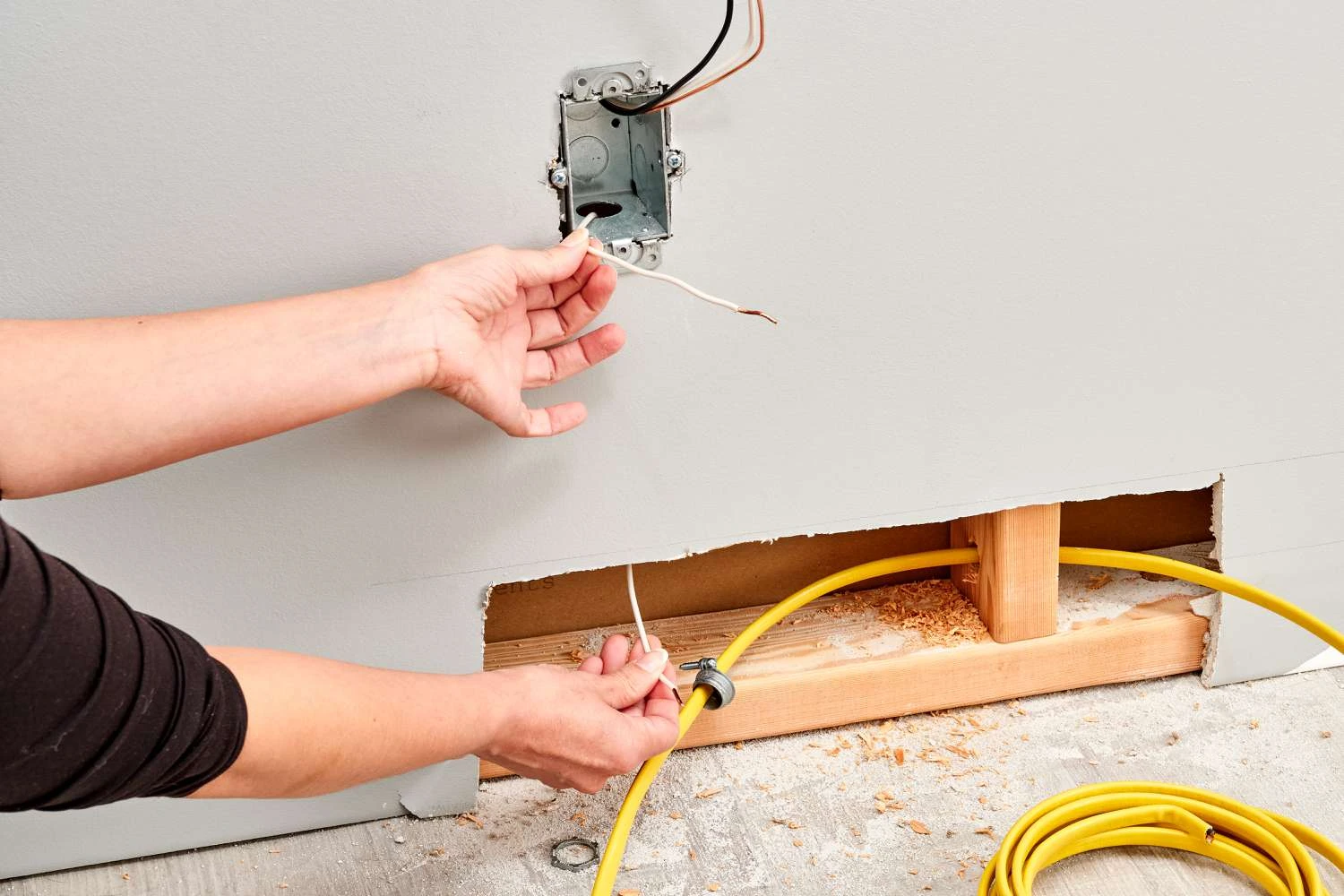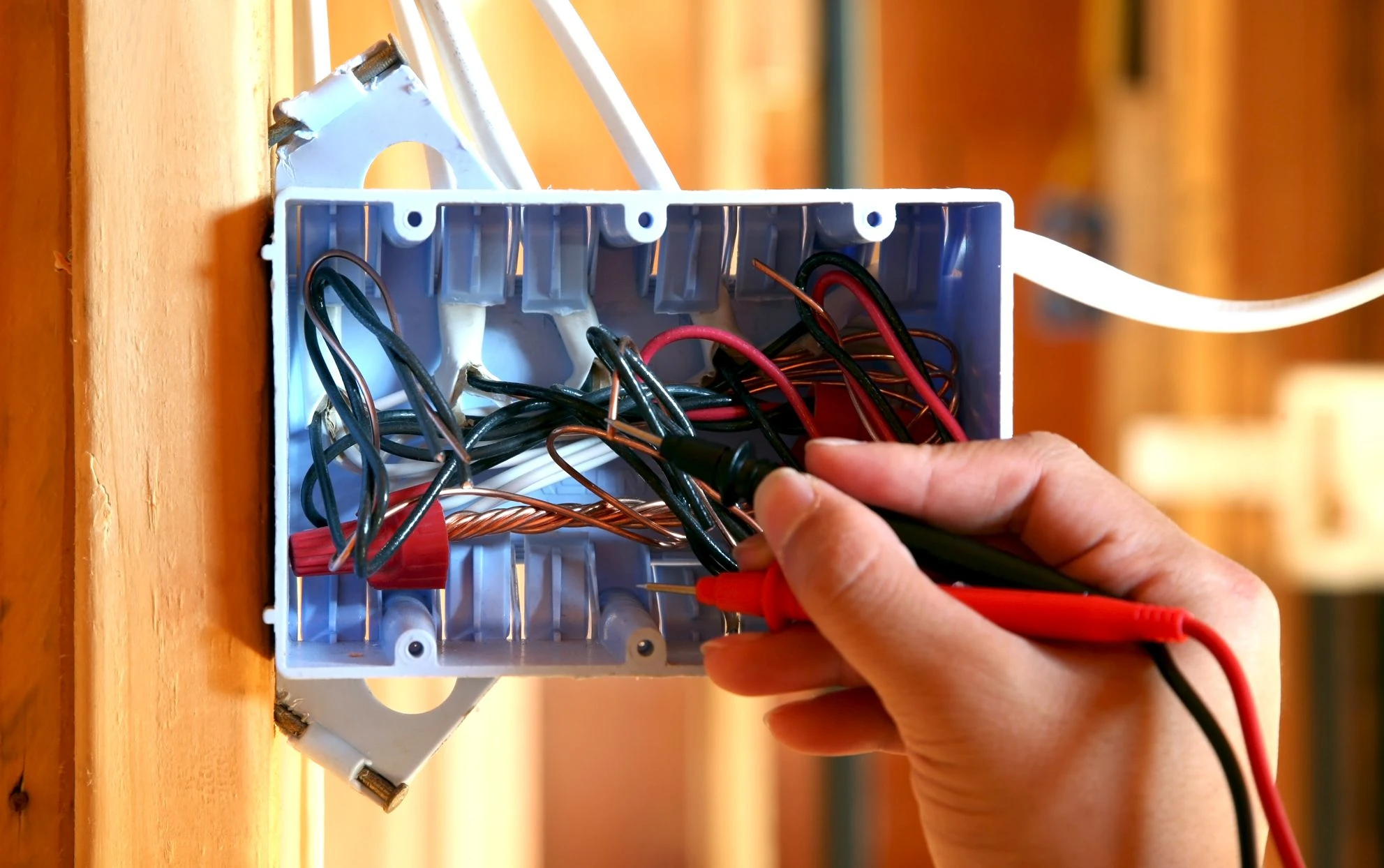What is the process involved in common electrical services?
The process involved in common electrical services typically begins with an assessment or consultation, where the electrician evaluates the scope of the project. For installations, this might include determining the best locations for outlets, fixtures, or wiring. During repairs, the electrician will diagnose the issue, such as faulty wiring or a malfunctioning circuit, and then provide a solution.
The actual work involves precise wiring, installation of components, and thorough testing to ensure everything meets safety standards. Whether it’s a simple repair or a complex installation, electricians follow a methodical approach to ensure that the job is done correctly and safely. After the work is completed, they may offer maintenance tips or advice on how to avoid future issues, ensuring the longevity and safety of your electrical system.
What are the long-term benefits of regular electrical maintenance
Regular electrical maintenance offers several long-term benefits, including enhanced safety, increased efficiency, and prolonged lifespan of your electrical systems. By scheduling routine inspections, electricians can identify and fix potential issues before they become major problems, such as overloaded circuits, outdated wiring, or faulty connections.
This proactive approach reduces the risk of electrical fires and ensures that your system operates efficiently, which can lower energy costs. Additionally, well-maintained electrical systems are less likely to experience unexpected failures, providing consistent performance and reliability. Investing in regular maintenance not only protects your property and its occupants but also adds value to your home by keeping its electrical infrastructure up to date-and in good condition.
FAQs
How can I tell if my home needs electrical upgrades?
Signs that your home may need electrical upgrades include frequent circuit breaker trips, flickering lights, outdated two-prong outlets, or a lack of sufficient outlets for modern devices. If your home is older, it may also have outdated wiring that needs to be replaced to meet current safety standards.
What should I do in case of an electrical emergency?
In case of an electrical emergency, such as a power outage, sparks from an outlet, or a burning smell, it’s important to shut off the power at the main circuit breaker and contact a licensed electrician immediately. Avoid touching any electrical components and keep a safe distance until the issue is resolved.
Can I do small electrical repairs myself?
While some small tasks like replacing a light bulb can be done safely by homeowners, most electrical repairs should be left to licensed electricians. Electrical work can be dangerous if not done correctly, leading to potential hazards such as electrical shocks, fires, or code violations.
How long does it take to rewire a home?
The time it takes to rewire a home depends on the size of the property and the complexity of the project. On average, rewiring can take anywhere from a few days to a couple of weeks. The electrician will provide a more accurate timeline after assessing your specific needs.
Why should I upgrade my electrical panel?
Upgrading your electrical panel is essential if your current panel is outdated, frequently trips, or can’t handle the electrical demands of modern appliances and devices. An upgraded panel improves safety, provides more reliable power distribution, and ensures that your home’s electrical system is capable of supporting your needs.







